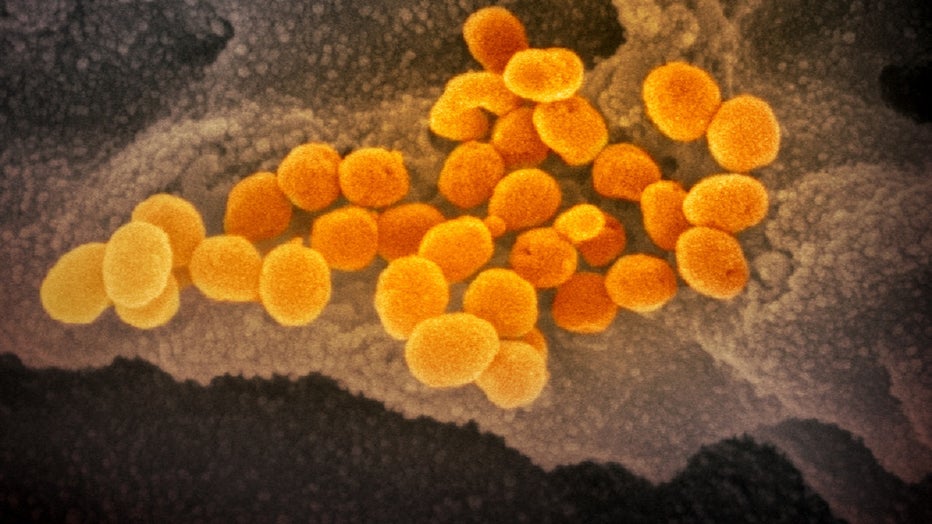New York COVID-19 variant spreading in city
NEW YORK - A COVID-19 variant that was first detected in New York City now accounts for about 2 in 5 coronavirus cases in the city, suggesting that it spreads more easily than the older strain of the virus, city health officials said Wednesday.
However, health officials haven't seen evidence so far that the New York City variant is deadlier or more resistant to vaccines than earlier incarnations of the virus.
"It's important to emphasize, of course, that this is preliminary. We're working closely with our academic partners, with our neighboring states, with CDC to collect and analyze more data," Dr. Jay Varma, the mayor's senior health adviser, said at the coronavirus briefing on Wednesday. "And we'll continue to update you with what we know, what we don't know, what we're doing about it, and what you should do about it, even if it's difficult."
What the CDC guidelines for fully vaccinated people mean for your family
What Are Coronavirus Variants?
"Viruses are wily," Dr. Dave Chokshi, New York City's health commissioner, said. "They adapt and change, which affects what circulates in our communities."
Researchers and health authorities have documented several variants of SARS-CoV-2, the virus that causes COVID-19, over the course of the pandemic.
"Viruses constantly change through mutation, and new variants of a virus are expected to occur over time," CDC states. "Sometimes new variants emerge and disappear. Other times, new variants emerge and persist."

This scanning electron microscope image shows SARS-CoV-2, the virus that causes COVID-19. (NIH/NIAID)
Variants on the Rise
Data from the city's pandemic response lab shows that the New York variant, also known as the B.1.526 variant, accounted for 39% of virus samples analyzed during the most recent week, up from 31% the week before, according to Chokshi. He also said that the B.1.1.7 strain, sometimes known as the U.K. variant, is also increasing its share of new cases: 12% up from 8%. That means these two variants account for just over half of all new cases.
Get breaking news alerts in the FOX5NY News app. Download for FREE!
Cases involving the South African and Brazilian variants were not detected in the most recent data.
"But let's not get lost in the alphabet soup of variants," Chokshi said. "We know the virus is a formidable foe, but we also know what has worked to curb its spread, and that's true for the new variants, too."
Know the difference between allergies and COVID-19 symptoms
What Are Safe Six Guidelines?
He reiterated that New Yorkers need to keep on top of what he called the "safe six" guidelines: wearing a mask in public, keeping your distance from others, frequently washing your hands, getting tested if you suspect exposure to the virus, staying home if you're sick, and getting vaccinated when you're eligible.
"In the match between vaccines and variants, let's not give the variants the upper hand. We must recommit to these public health precautions," Chokshi said. "Think of it like checking your safety belt and adjusting your mirrors in your car as you head into a winding road."
New York City has administered almost 2.5 million doses since the vaccination effort began in December, according to Mayor Bill de Blasio.
"Those safe six principles are exactly what we all need to follow. And New Yorkers have been great, folks have been getting tested in record numbers," de Blasio said. "Folks obviously are getting vaccinated and we see more and more people want the vaccine."
Study finds people with dementia twice as likely to get COVID-19
What We Need to Learn About Variants
The challenge, according to CDC, is for scientists to study these newer variants to determine how widely they've spread, how the disease they cause is different from the disease caused by other variants, and how they may affect therapies, vaccines, and tests.
With The Associated Press

